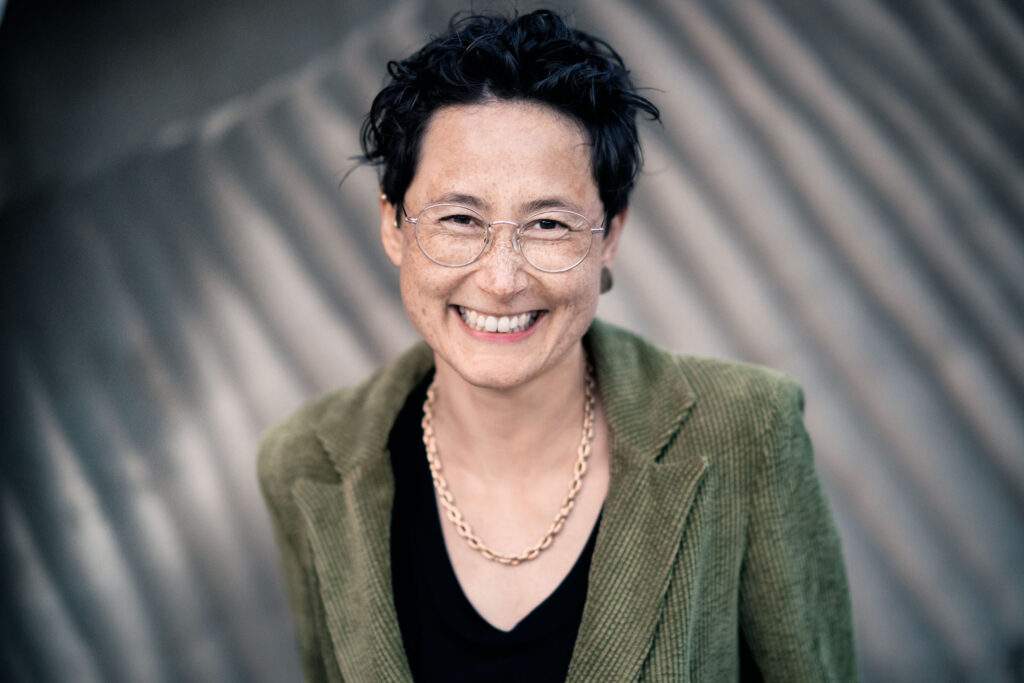Suy Lan Hopmann ist Programmkuratorin bei der Stiftung Stadtmuseum Berlin und arbeitet freiberuflich zu den Themen Kolonialismus und Kolonialität, Rassismus und Migration sowie Gender und Queer. Davor war sie als Projektreferentin für die Dekolonisierung Hamburgs bei der Kulturbehörde der Stadt tätig. Als Kuratorin für Sonderprojekte und Diversity im Museum am Rothenbaum – Kulturen und Künste der Welt (MARKK) hat sie unter anderem die Ausstellung „Hey Hamburg, kennst du Duala Manga Bell?“ zur deutsch-kamerunischen Kolonialgeschichte kuratiert.
Ehrenamtlich engagiert sie sich als Vorständin bei ICOM Deutschland, als Stiftungsrätin bei filia.der frauenstiftung und als Wissenschaftliche Beirätin im Themenjahr „Postkoloniales Westfalen“ beim Landschaftsverband Westfalen-Lippe (LWL). Sie hat Chinawissenschaften, Gender Studies und Soziologie studiert und als Wissenschaftliche Mitarbeiterin am Lehrstuhl für Politik und Wirtschaft Chinas sowie am Sonderforschungsbereich 700 der Freien Universität Berlin geforscht. (Foto: Andrea Preysing)
Suy Lan Hopmann is a program curator at the Stiftung Stadtmuseum Berlin. She works on the topics of colonialism and coloniality, racism and migration as well as gender and queer. Previously, she has been responsible for Hamburg’s decolonization strategies at the city’s Department of Media and Culture. As curator for special projects and diversity at the Museum am Rothenbaum – Kulturen und Künste der Welt (MARKK), she curated the exhibition „Hey Hamburg, do you know Duala Manga Bell?“ on German-Cameroonian colonial history. She is a board member of ICOM Germany, a trustee of filia.der frauenstiftung and scientific advisor for the „Postcolonial Westphalia“ theme year at the Landschaftsverband Westfalen-Lippe (LWL). She studied Chinese Studies, Gender Studies and Sociology and worked as a research associate at the Chair of Politics and Economics of China and at the Collaborative Research Center 700 at the Free University of Berlin. (Foto: Andrea Preysing)
Session: Visionen leben: Vorbilder, Strategien, Handlungswege für das Museum von morgen


